Sleepless nights happen to the best of us. Maybe you tossed and turned all night long, were up working on an urgent deadline or had a bit too much fun celebrating last night and it ate into your shuteye. Whatever the case, the reality is that you still have to face the next day on little to no sleep and still function at an acceptable level.
"When you don't get enough sleep, your brain doesn't function at optimal speed," says Leigh Winters, a neuroscientist and wellness expert. "Brain imaging research shows that sleep deprivation results in reduced blood flow to areas of the brain, like the prefrontal cortex [that's] responsible for higher level thought processes like working memory. It's also likely to make you more irritable and prone to mood swings."
Getting through the day is bound to be a struggle. That said, it's still possible to power through, and do it as productively as possible, until you're finally able to crash into the sweet softness of your mattress.
"Nature is one of our most underutilized self-soothers both physiological and psychologically," notes Winters. "Connecting with nature and being in fresh air can make you feel more awake. Also, getting some natural sunlight helps maintain circadian rhythms, which will help get your sleep schedule back on track." She added that while blue-wavelength light — like that emitted by our phones and computers — can mimic natural light, actually being in nature can reduce your heart rate and stress levels and mentally invigorate you.
Your tired body will crave an easily digestible and quick high, but with that high comes a gnarly crash, warned registered dietitian Maya Feller. "Skip the ultra-processed foods and beverages," she advises. "They may sound good in the moment but will likely provide a rush of unsustained energy that may leave you more tired and hungry. It's a cycle that your already tired body does not need.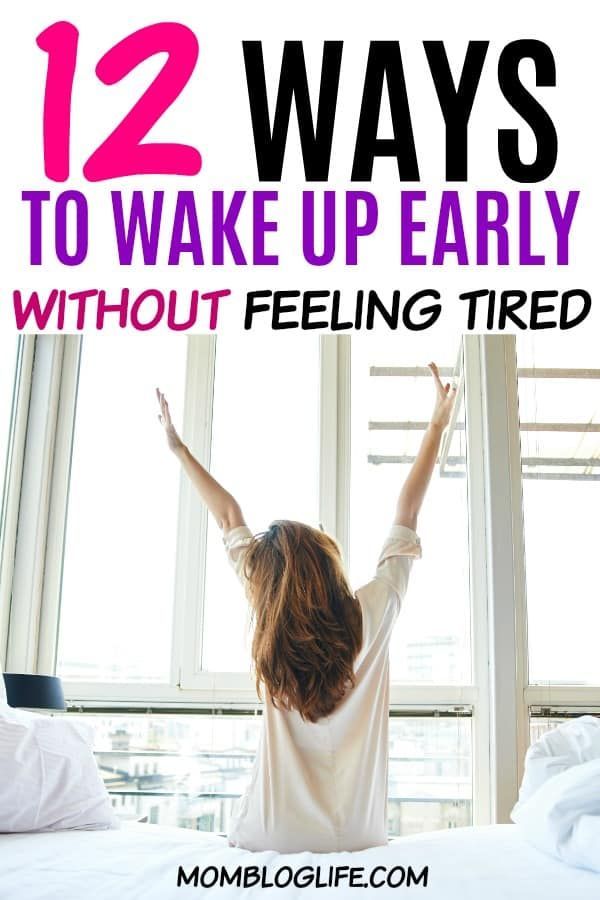 "
"
You should eat balanced meals every day, but doing so becomes doubly important on days when you're completely wiped. "Create meals that supply all of the macronutrients from whole and minimally processed sources," says Feller. "A great lunch would be a serving of fish — or really any protein of your choice — with a heaping side of greens topped with nuts and seeds." An optimal afternoon snack, she adds, could be a slice of traditional dark pumpernickel bread topped with avocado and hummus. "The lunch is providing lean protein along with a boost of phytonutrients from the greens; the snack is providing a fiber-rich whole grain with plant-based fats and vitamins and minerals," she explains.
On that note: Don't forget to eat altogether. It may slip your already groggy mind, so create an alert on your phone if you have to. "Skipping meals leads to glucose dips and increased moodiness," notes Feller. Spare your officemate and family the extra dose of crankiness and carve out time to chow down.
"A power nap can be of value when there is an occasional interruption from the normal schedule of sleep," says Dr. Steven Olmos, who is board certified in sleep-related disorders. "The greatest pressure to sleep is 4 a.m. and 4 p.m., so if you are feeling an afternoon dip in energy, a quick nap can restore the body fatigue that is felt with the previous night's interrupted sleep." A power nap is simply 20 minutes of uninterrupted, comfortable sleep — no more, no less.
It may seem counterintuitive to hit the gym when you're already low on energy, but all three experts say staying active can keep you alert. "Starting the day with your blood pumping is the best formula for energy for the day. Exercise increases your core metabolic rate and will sustain for hours after you stop exercising," notes Dr. Olmos. Winters adds: "It can be a walk or dancing around — just make sure to move your body. It's a bonus if you get your fitness on outside.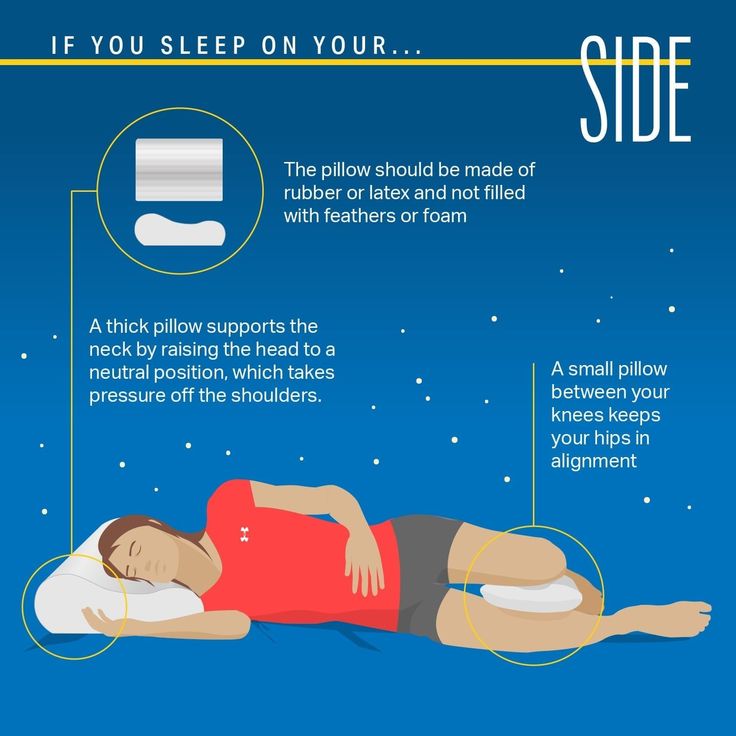 "
"
"Go easy on the caffeine," Feller warns. "Yes, it will give you a boost, but for those that are sensitive to the side effects, having too much can lead to the decreased desire for food, the jitters and difficulty sleeping." Coffee or tea should be your moderated caffeine of choice, she says, adding that you should stay far away from sugar-doused energy drinks because "the additives are more harmful than helpful."
The quote "Don't push off what you can do today until tomorrow" does not apply when you're sleep deprived. "If you pulled an all-nighter or have an enormous sleep debt, think twice about making any big decisions or engaging in high-level thought processes, like analyzing, evaluating and planning," says Winters. "Sleep deprivation not only slows your cognitive speed but also decreases constructive thinking skills and logical reasoning." So refine your to-do list, push off non-priority tasks until tomorrow and allow yourself an easier day.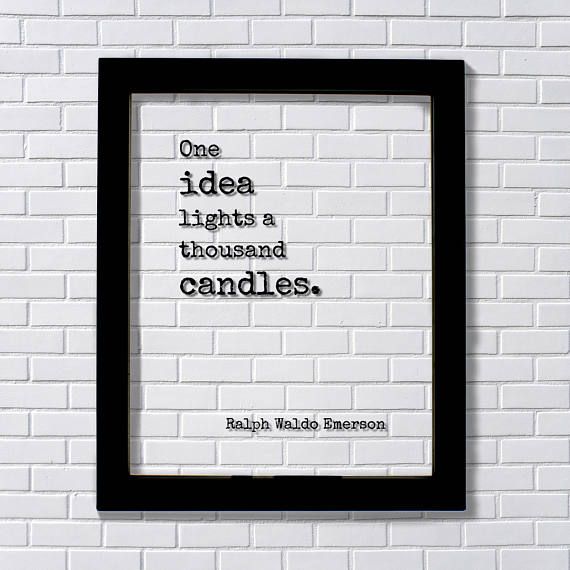
Want more tips like these? NBC News BETTER is obsessed with finding easier, healthier and smarter ways to live. Sign up for our newsletter and follow us on Facebook, Twitter and Instagram.
Written by Robyn Abree
Rough night last night? Everyone has a bad night of sleep now and then.
Your life won't wait until you're rested, so you'll need all the energy you can to get through today. Some of the nation's leading sleep doctors offer tips on how to power through the day after a bad night's rest.
Caffeine can help when you need an energy boost, as long as you don't overdo it, says sleep disorders expert Joyce Walsleben, PhD, of the NYU School of Medicine.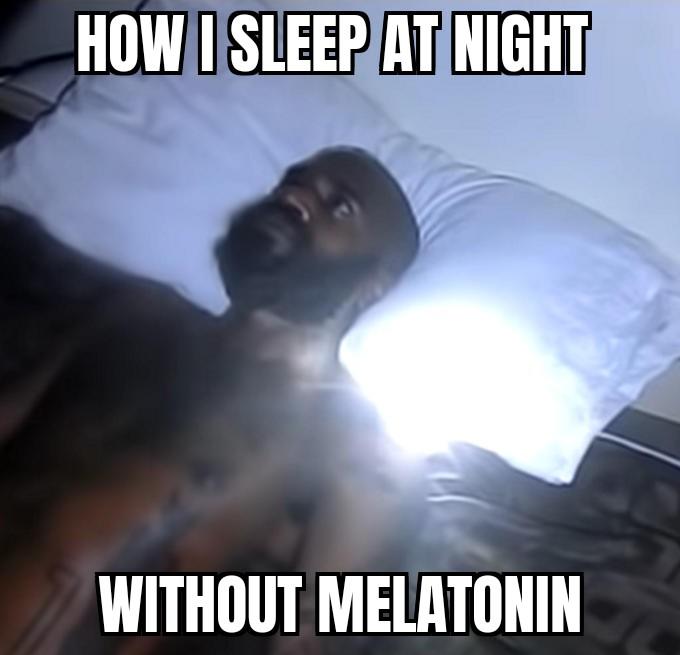
Two cups of coffee, for instance, will give you about as much alertness as you're going to get. Drinking more than that probably won't make you more alert, especially if you drink a lot of caffeinated beverages, says Jeffrey Durmer, MD, chief medical officer at FusionSleep Center in Atlanta.
That's partly about your brain chemistry. When you're sleep deprived, '[sleep hormones] collect in the brain all day and drinking excessive amounts of caffeine isn't going to stop that process," Durmer says. If anything, too much caffeine can give you the jitters, he says.
The same goes for over-the-counter supplements that promise to help you stay alert.
"Caffeine and supplements ... do increase attention and focus and are fine once in awhile, but in no way replace a bad night's sleep," Durmer says. If you use stay-awake supplements regularly, you might need to check with a doctor to see if you have a sleep disorder.
Energy drinks can serve a purpose when used appropriately, but for the most part, usually do more harm than good, says Michael Breus, PhD, who writes WebMD's sleep blog.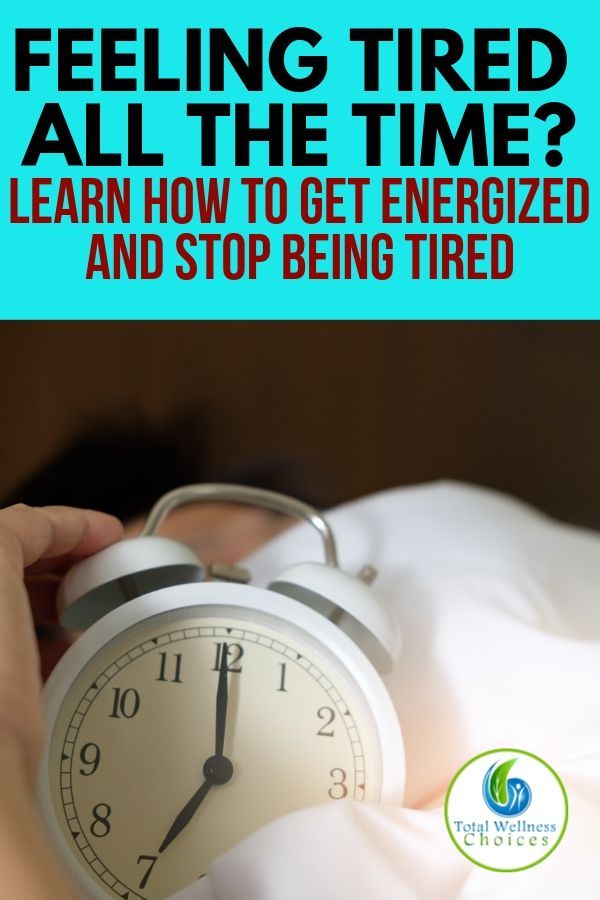 Breus suggests sticking with plain black or green tea and coffee. Also, steer clear of all caffeine after 4 p.m. to avoid problems falling asleep at night, Breus says.
Breus suggests sticking with plain black or green tea and coffee. Also, steer clear of all caffeine after 4 p.m. to avoid problems falling asleep at night, Breus says.
When you're sleep deprived, you may be tempted to reach for a candy bar. Don't.
Sugar will give you quick energy. It doesn't last, though, and you'll just end up crashing later, Breus says.
Instead, stick to a balanced diet and put extra emphasis on protein-rich foods like nuts and lean meats, he says. Also, avoid large meals and simple carbohydrates, like having pasta for lunch, to avoid energy dips.
Breus suggests eating a salad with grilled chicken, or another lean protein, like fish with veggies for lunch and dinner.
For breakfast, Durmer suggests eating protein-rich foods like eggs and plain Greek yogurt. If you have a sweet tooth, choose fruit, not a doughnut. The natural sugar in fruit takes longer to digest than table sugar and won't make your blood sugar swing as much, Durmer says.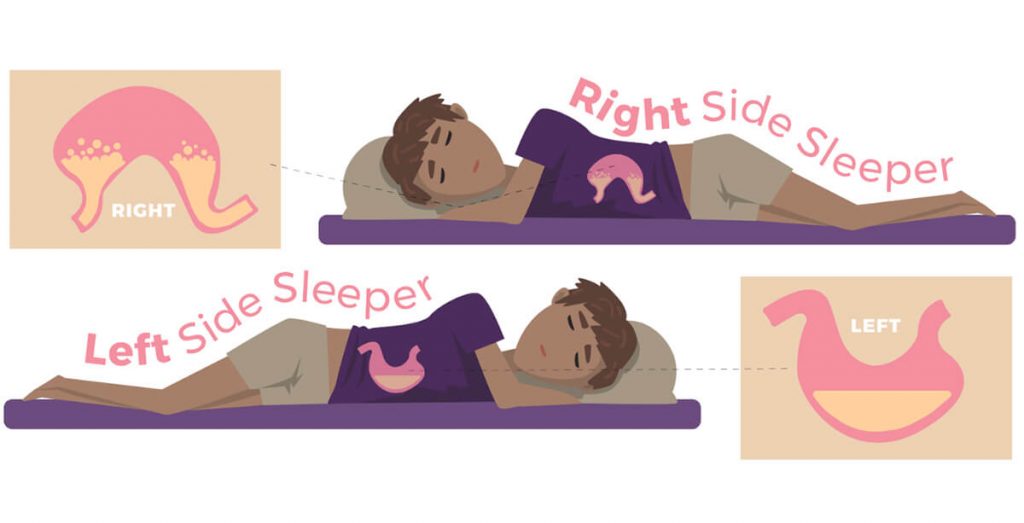
After a bad night's sleep, your attention span may drag a little more than usual. To keep focused, take breaks throughout the day, Durmer says.
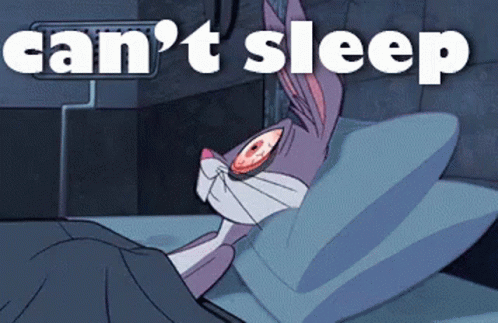
Let's face it, you're not at your best when you don't sleep well. So lighten your work load as much as possible. By doing fewer things, you can still do a quality job without stressing out, Durmer says.
Let's say you have five tasks for the day. Shave them down to two or three, and focus on doing those really well, Durmer says.
You may also want to hold off on making any big decisions until after you've rested, Breus says.
Drowsy driving is dangerous, since it can lead to accidents. Stay off the road as much as possible if you haven't slept.
If you absolutely can't carpool or take transit, power nap before driving, Walsleben says. When driving, don't wear your sunglasses since sunlight may make you feel more energetic, Durmer says. That won't undo your tiredness, so you should still avoid driving, for safety's sake.
Be particularly careful when driving in the early afternoon. "Most people naturally drift around 1 or 2 p. m., and those who are sleep deprived will take a bigger hit," Walsleben says.
m., and those who are sleep deprived will take a bigger hit," Walsleben says.
When you go to bed tonight, you might be tempted to sleep longer than normal. Moderation, again, is the key here.
Sleeping in after a bad night's sleep is OK, but you're trying to get your sleep schedule back on track. Sleeping in too long can make that harder, because it shifts your normal sleep pattern.
If you sleep in, limit it to no more than two extra hours, Durmer says. If you normally get seven hours of sleep at night, aim for nine.
Going to bed too early can also disturb sleep patterns, says Walsleben. If you're exhausted and want to hit the sack, try to wait until it's about an hour before normal bedtime.
No matter how tired you feel, there's no reason to sleep all day, since the most recovery sleep time you can get is 10 hours, Durmer says.
If you're exhausted but still having trouble falling asleep, count backwards from 300 in multiples of three, Breus says. Doing math problems makes it hard to think about anything else and keep your eyes open, he says.
Doing math problems makes it hard to think about anything else and keep your eyes open, he says.
Is it possible to stay up all night without harm to your health and what, apart from a few cups of coffee, will help you stay awake? Share the answers to these questions and help prepare for a sleepless night
Contents
Sleep is necessary for health: even one sleepless night can negatively affect the body. If you do not sleep for more than 17 hours in a row [1], the reaction rate will decrease by 50% and the brain will not work at full capacity. In addition, due to increased sleepiness, the risk of an accident will increase.
In 1963, researcher William Dement and test subject Randy Gardner set up an experiment to find out how long a person could stay awake.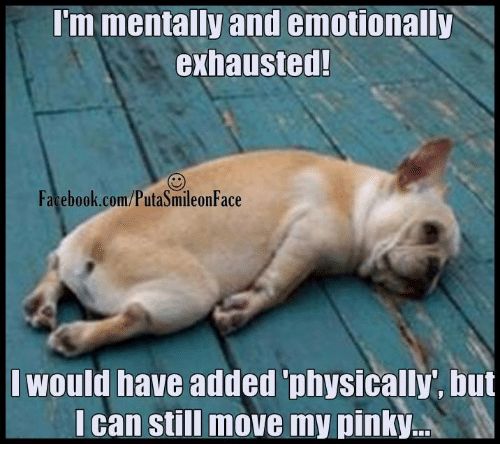 Their record is 11 days and 25 minutes (by 2022 it is still unbeaten) [2]. During the experiment, Randy's mood fluctuated, he had hallucinations, he could not speak clearly, he forgot facts and got confused in his memories. This effect was from 11 days without sleep, but even one sleepless night can lead to health consequences.
Their record is 11 days and 25 minutes (by 2022 it is still unbeaten) [2]. During the experiment, Randy's mood fluctuated, he had hallucinations, he could not speak clearly, he forgot facts and got confused in his memories. This effect was from 11 days without sleep, but even one sleepless night can lead to health consequences.
Without sleep, the brain cannot “refresh”: fluid from the spine does not flow into it, which “washes away” toxins, some of which cause Alzheimer's disease [3]. And this is not the only harmful effect of sleep deprivation: a study in Sweden showed that just one sleepless night increased the risk of damage to brain cells by 20% [4].
The reasons can be different: accumulated work deadlines, shift schedule, upcoming exams or a night event. Recently, psychologists have noticed a new reason for refusing healthy sleep - procrastination. In English, it is called Revenge Bedtime Procrastination - "procrastination, taking revenge on sleep patterns" [5]. This is the name given to situations when a person refuses sleep in favor of leisure: doing a hobby, flipping through a feed on social networks or watching TV shows. However, for this, no additional prescriptions that do not allow you to fall asleep are required.
This is the name given to situations when a person refuses sleep in favor of leisure: doing a hobby, flipping through a feed on social networks or watching TV shows. However, for this, no additional prescriptions that do not allow you to fall asleep are required.
But sometimes work or school makes us neglect sleep. We tell you how to do business at night, minimizing the risk to health.
Our brain reacts to the change of day and night, and when it's dark, we automatically fall asleep. This is how the internal biological clock works [6]. To drive away drowsiness and increase vigilance, provide yourself with a bright source of light (and it is desirable that it be not yellow, but white). In dim lighting, you will only want to sleep more, and your concentration will drop.
Physical activity usually helps you fall asleep at night, but if you do sports 1-2 hours before bedtime, you will only cheer up [7]. Do a little exercise: jump, stretch or stretch. Do this every time you want to go to bed.
Do a little exercise: jump, stretch or stretch. Do this every time you want to go to bed.
Staring at a computer screen for a long time can strain your eyes and cause dryness that will make you want to sleep even more. Try sometimes to take your eyes off the monitor: for example, go for tea or coffee or do a warm-up for the eyes.
Dehydration reduces blood flow to the brain, resulting in a feeling of fatigue and increased sleepiness [8]. To avoid this, place a bottle of water near your work area and drink when your mouth feels dry.
One of the most obvious ways, but it works. Studies have shown that if the human body has more than 600 milligrams of caffeine per day (that's about four mugs), it will be able to cope with tasks faster and more efficiently. But be careful: large doses (from 900 mg) have the opposite effect. You will become more anxious and unable to concentrate [9].
Energy drinks also contain caffeine, but their use can be dangerous. One drink is equal to about five mugs of coffee. In addition, energy drinks contain guarana, which also contains caffeine. It is quite difficult to calculate the exact dose, and you can overdo it: your head will start to hurt and feel dizzy, nervousness and anxiety will appear.
One drink is equal to about five mugs of coffee. In addition, energy drinks contain guarana, which also contains caffeine. It is quite difficult to calculate the exact dose, and you can overdo it: your head will start to hurt and feel dizzy, nervousness and anxiety will appear.
A cold or cool shower will help you feel refreshed and tired. If you don't have time for it, you can rinse your face and neck with cold water and brush your teeth to freshen up.
Short sleep will help you relieve accumulated fatigue and increase your own productivity [10]. Set yourself several alarms so you don't oversleep. If you sleep for more than 20 minutes, you will most likely snap yourself out of deep sleep and feel more overwhelmed than you were before.
Massage the crown, earlobes, temples and neck. If you have a goosebump head massager, use it. It will speed up microcirculation: the head cells will be enriched with active oxygen, and thanks to this you will be refreshed.
If you have a partner for a sleepless night, it will be easier for you to cope. Conversations, especially active and emotional ones, will cause excitement in the brain center, due to which you will become more alert and energetic. If there is no opportunity to chat in person, a dialogue in online correspondence is also suitable.
There are plenty of work and concentration playlists on the internet to help you stay awake. Keep noise levels below 70 dB so you don't piss off your neighbors and keep you productive. If you also dance to the beat of the music, you can stay awake longer.
If a person manages to live 100 years, he will sleep 33 of them. Many feel sorry for wasting time on a meaningless activity that does not bring vivid emotions, knowledge, or achievements. Is it possible to reduce sleep time or learn to do without it altogether? It is possible, but not more than a day without harm to health.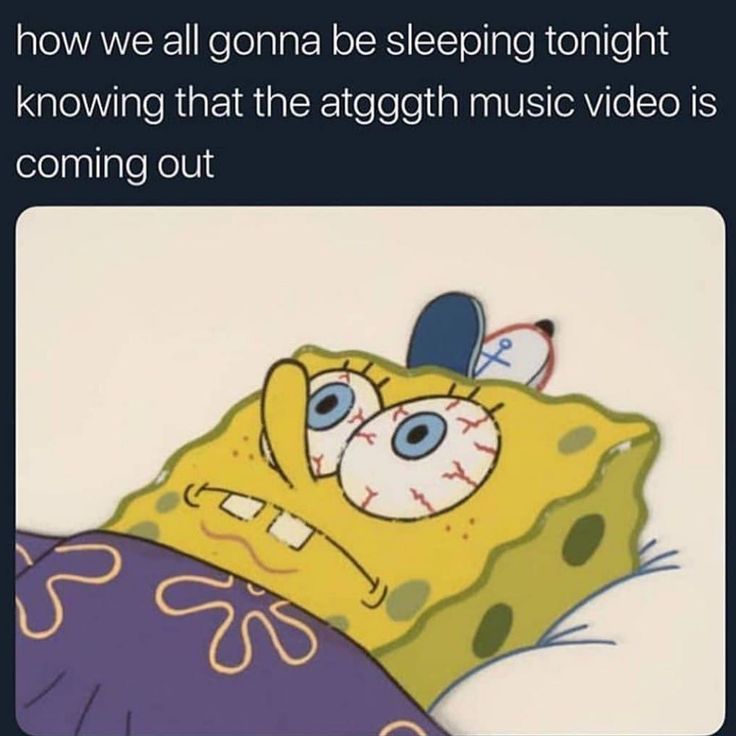 When planning exam preparation, urgent work, a long trip behind the wheel of a car, leave time for proper rest. The negative consequences for the body with insomnia are noticeable after a day, and are clearly manifested in two.
When planning exam preparation, urgent work, a long trip behind the wheel of a car, leave time for proper rest. The negative consequences for the body with insomnia are noticeable after a day, and are clearly manifested in two.
After a few days, mental disorders begin, coordination of movements, the work of internal organs are disturbed. Sleep is needed not only for humans, but also for mammals, birds, reptiles, fish, and insects. Only the simplest organisms with a simplified structure of the nervous system can do without it.
In countries where human rights are violated, in prisons, in order to break the will of prisoners, they are not allowed to sleep for more than two days. Their ability to resist, conceal important information is reduced. After a few days, mental disorders and hallucinations begin. Prisoners forced to stay awake for more than a week may die. Why does lack of sleep lead to such negative consequences? Is it as necessary as water and food?
Scientists believe that regular breaks in wakefulness are needed to "reboot the nervous system", otherwise our central processing unit "freezes".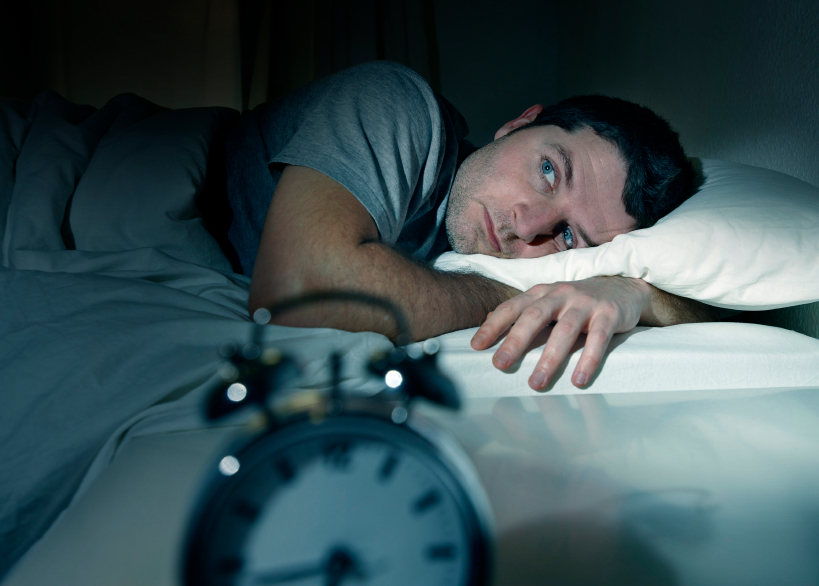 The very next day after a sleepless night, he remembers and processes information worse.
The very next day after a sleepless night, he remembers and processes information worse.
Sleep is a physiological state opposite to wakefulness, when a person does not control his thoughts, sense organs. Scientists continue to study its mechanism, the effect on the nervous system. It is established that in order to maintain health, a person should sleep 7-9hours per day. The norm for different people may differ: one needs 5-6 hours to restore strength, feel good, another needs to spend at least 9-10 hours in bed, otherwise weakness, absent-mindedness, headache are felt. But no negative health effects have been identified for those who spend little time in bed, and those who rest for a long time. No need to adjust to averages, the body itself will tell you how much sleep you need.
After a hard day at work or a busy day off, we feel like lying down, closing our eyes and immersing ourselves in the world of dreams. This is accompanied by a feeling of fatigue, weakness, yawning.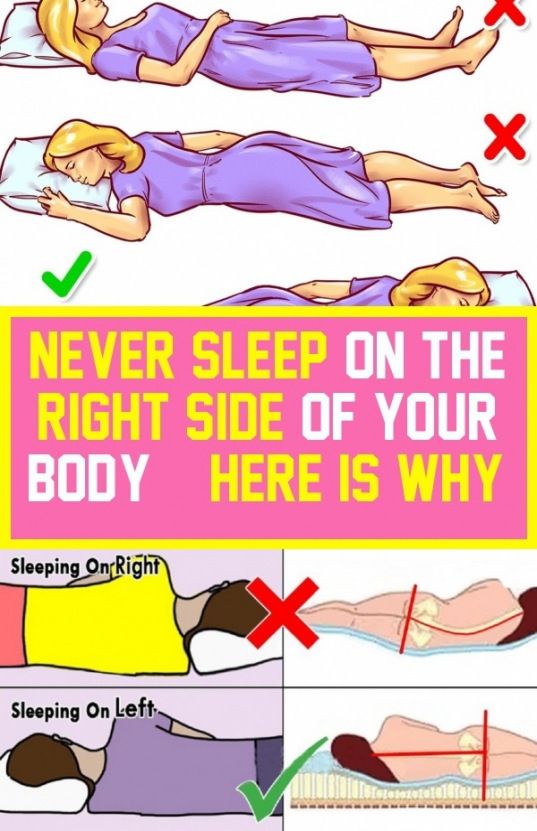 In the morning, after waking up, it is replaced by cheerfulness, if you have slept enough, or a headache, bad mood, decreased performance - if not enough. Even a few hours of sleep deprivation can have a huge impact on how you feel. And how will the lack of sleep for several days affect?
In the morning, after waking up, it is replaced by cheerfulness, if you have slept enough, or a headache, bad mood, decreased performance - if not enough. Even a few hours of sleep deprivation can have a huge impact on how you feel. And how will the lack of sleep for several days affect?
On the first day after a sleepless night, you may experience a headache, inability to concentrate for a long time, to do work that requires precise movements, and difficulty in remembering information. A cup of strong coffee or tea will help relieve these symptoms for several hours and improve your well-being. With lack of sleep, appetite increases, you want fatty or sweet. The body tries to compensate for the lack of rest with high-calorie foods. Pedestrians and drivers are at increased risk of being involved in an accident.
If the mode is violated once, it will pass without consequences. But if you often can’t fall asleep or you sleep little, it’s more difficult to control weight.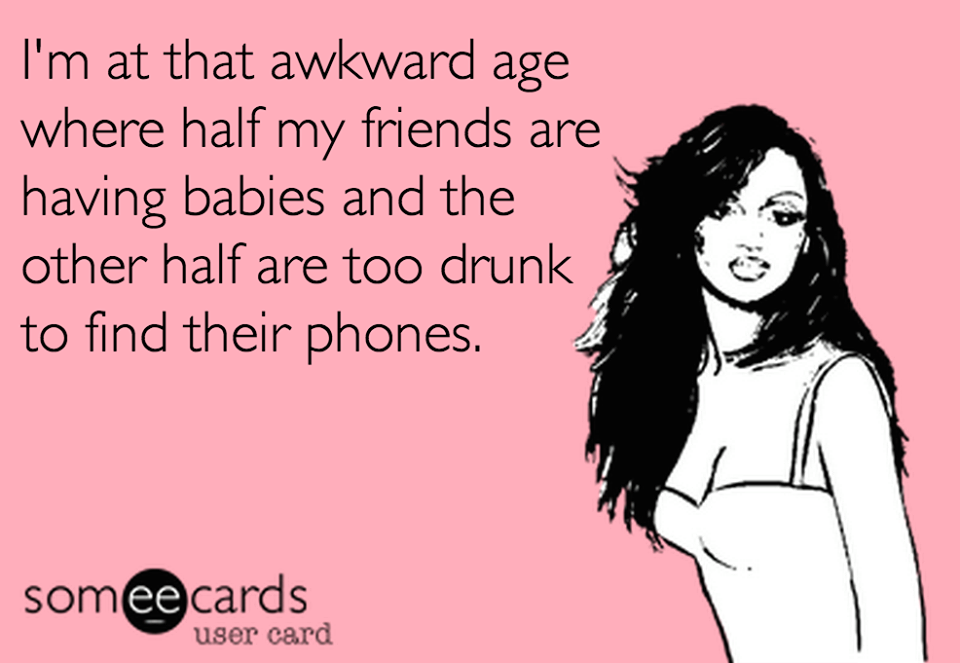 The cardiovascular and digestive systems work with overload due to the use of a large amount of heavy food, strong coffee, tea.
The cardiovascular and digestive systems work with overload due to the use of a large amount of heavy food, strong coffee, tea.
If you don't sleep for 2 consecutive days, the effects of insomnia are more noticeable. The effect of taking vivacity stimulants (coffee, tea, alcohol, cigarettes) does not last long. After 20-30 minutes, drowsiness and lethargy return. Deteriorating mood, performance. As in the first day, you constantly want to eat, but your appetite may disappear. Glucose metabolism is disturbed, which is the first reaction of the digestive system. After two days of insomnia, stomach pains, diarrhea, and nausea appear. Unpleasant symptoms can be supplemented by dizziness, jumps in blood pressure, eye pain, redness, tearing. Lack of sleep for more than 48 hours weakens the immune system. In the coming week, you will be more vulnerable to viral and fungal infections. If you cannot fall asleep for the second day due to stress, you need to see a doctor to prescribe sedatives or sleeping pills.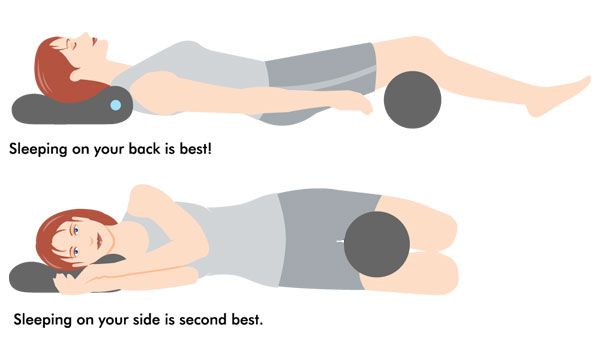
If you do not sleep for more than two days in a row, systemic disturbances in the functioning of all organs and systems begin. In the absence of sleep for more than 72 hours, coordination of movements and speech is disturbed. Gait and gestures look like in a state of extreme intoxication. A person cannot drive a car, work with sources of increased danger. Speech becomes slurred and slurred. Chills, tremor of the limbs, nervous tic, nausea are felt. There is no appetite. In the following days, these symptoms become more pronounced. Irritability, memory lapses, causeless aggression appear. After a week, and sometimes for 3-6 days, hallucinations, fears, turning into paranoia begin. Continuing to refuse sleep is life-threatening. How long it will take to recover if you have had insomnia for a week depends on the age and condition of the person, but for some, 8 hours of sleep is enough to recover from several sleepless nights.
Not only the complete lack of sleep is dangerous, but also its lack.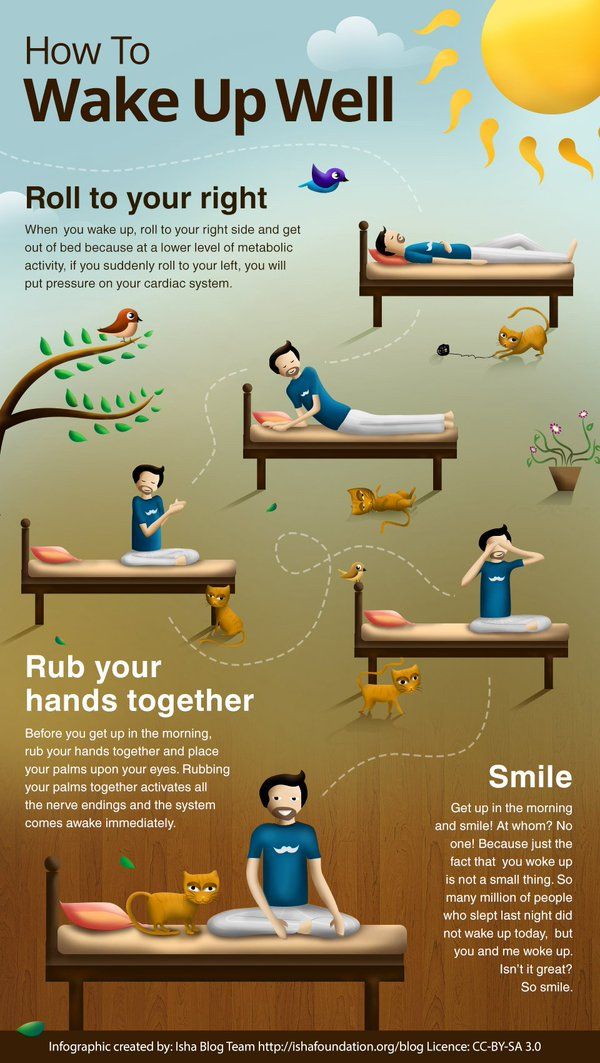 If you do not sleep enough for a long time:
If you do not sleep enough for a long time:
Everyone decides how much to sleep, work, rest.